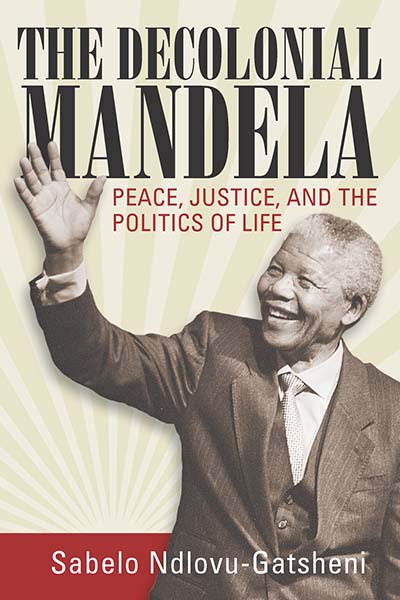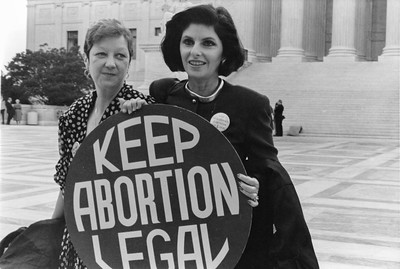
Readings on Abortion



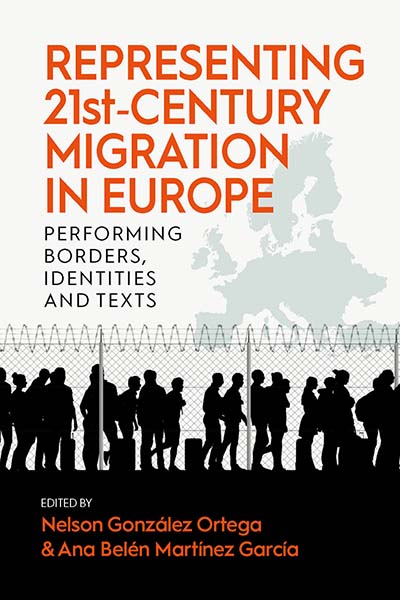
ANA BELÉN MARTÍNEZ GARCÍA is Associate Professor at ISSA School of Applied Management, University of Navarra (Pamplona, Spain). She teaches Business Communication, Academic Writing, and World Literatures in English.
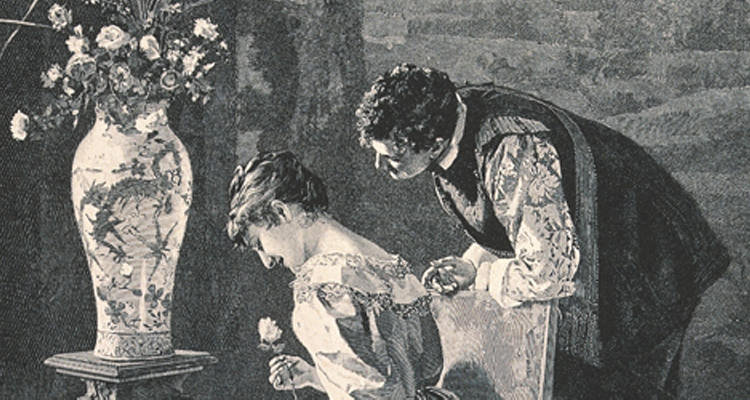
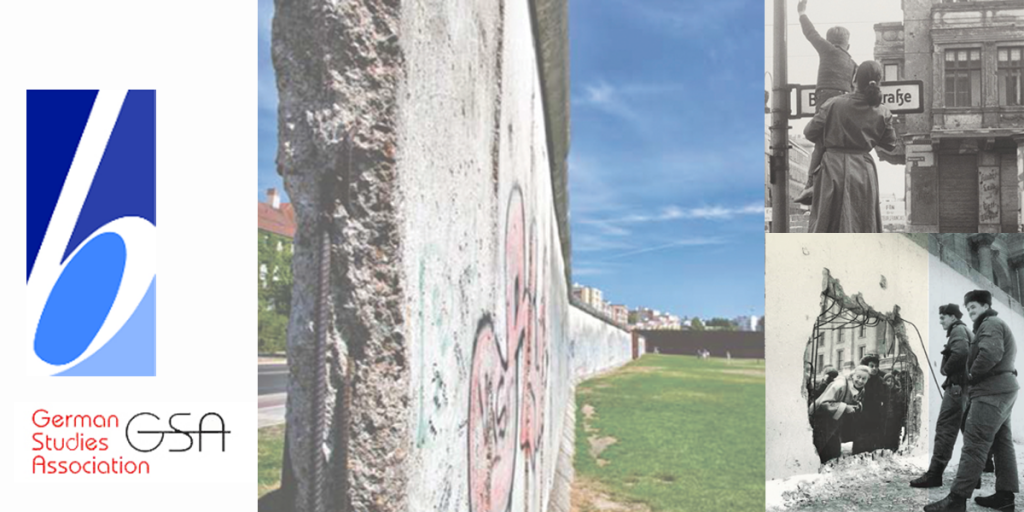
On October 7th, 1949, the Democratic Republic of Germany was proclaimed, dividing Germany between East and West.
Seventy years later, we find ourselves in the days leading up to the German Studies Association’s annual meeting. A great deal has happened between 1949 and now, and we are delighted to present titles that provide comprehensive histories of this time period.
Two weeks after the fall of the Berlin Wall, on 28 November 1989, West German Chancellor Helmut Kohl announced a 10-point program calling for the two Germanys to expand their cooperation with the view toward eventual reunification. On 18 May 1990, the two German states signed a treaty agreeing on monetary, economic and social union. On October 3rd, 1990, Federal Republic of Germany and the Democratic Republic of Germany were reunited to create one single federal Germany, now celebrated as German Unity Day!
We are also currently offering free access to the article: Politics of Emotions: Journalistic Reflections on the Emotionality of the West German Peace Movement, 1979-1984 in recognition of International Day for the Elimination of Nuclear Weapons until October 10.
Berghahn is honored to present some of the relevant titles on the History of German Unification:
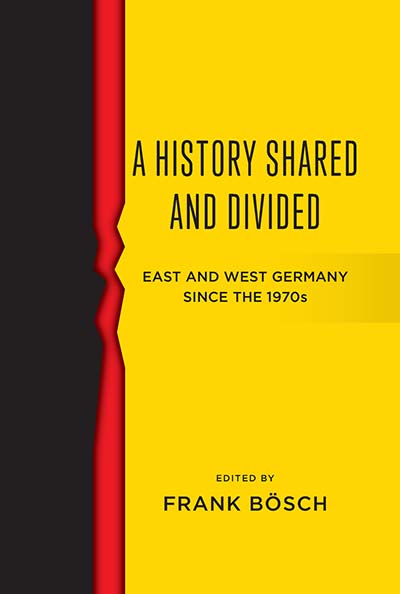 A HISTORY SHARED AND DIVIDED
A HISTORY SHARED AND DIVIDED
East and West Germany since the 1970s
Frank Bösch
Translated from the German by Jennifer Walcoff Neuheiser
For those interested in the economy, by which I mean business, government economic policies, people’s work and their material well-being, the past few decades have been interesting times. Economy, Crime and Wrong in a Neoliberal Era is the result of trying to make sense of things. Continue reading “Economy, Crime and Wrong in a Neoliberal Era”
On August 13, 1961, Berlin woke up to a shock: the East German Army had begun construction on the infamous Berlin Wall. The Wall was initially constructed in the middle of Berlin, and expanded over the following months. It entirely cut off West Berlin from the surrounding East Germany, prohibiting East Germans to pass into West Germany.
The Eastern Bloc claimed that the wall was erected to protect its population from fascist elements conspiring to prevent the “will of the people” in building a socialist state in East Germany. In practice, the Wall served to prevent the massive emigration and defection that marked East Germany and the communist Eastern Bloc during the post-World War II period. The Berlin Wall came to symbolize the “Iron Curtain” that separated Western Europe and the Eastern Bloc during the Cold War.
Browse Berghahn relevant titles on History of divided Germany:
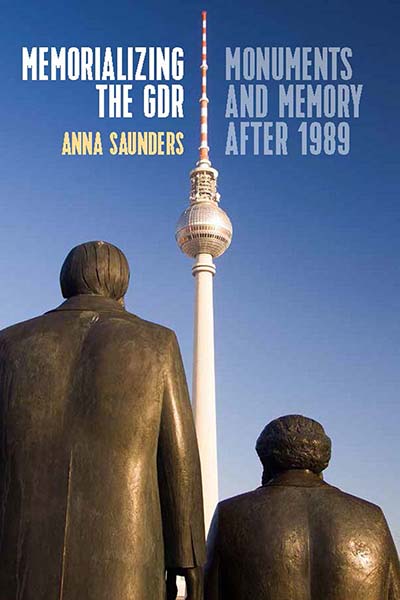 MEMORIALIZING THE GDR
MEMORIALIZING THE GDR
Monuments and Memory after 1989
Anna Saunders
